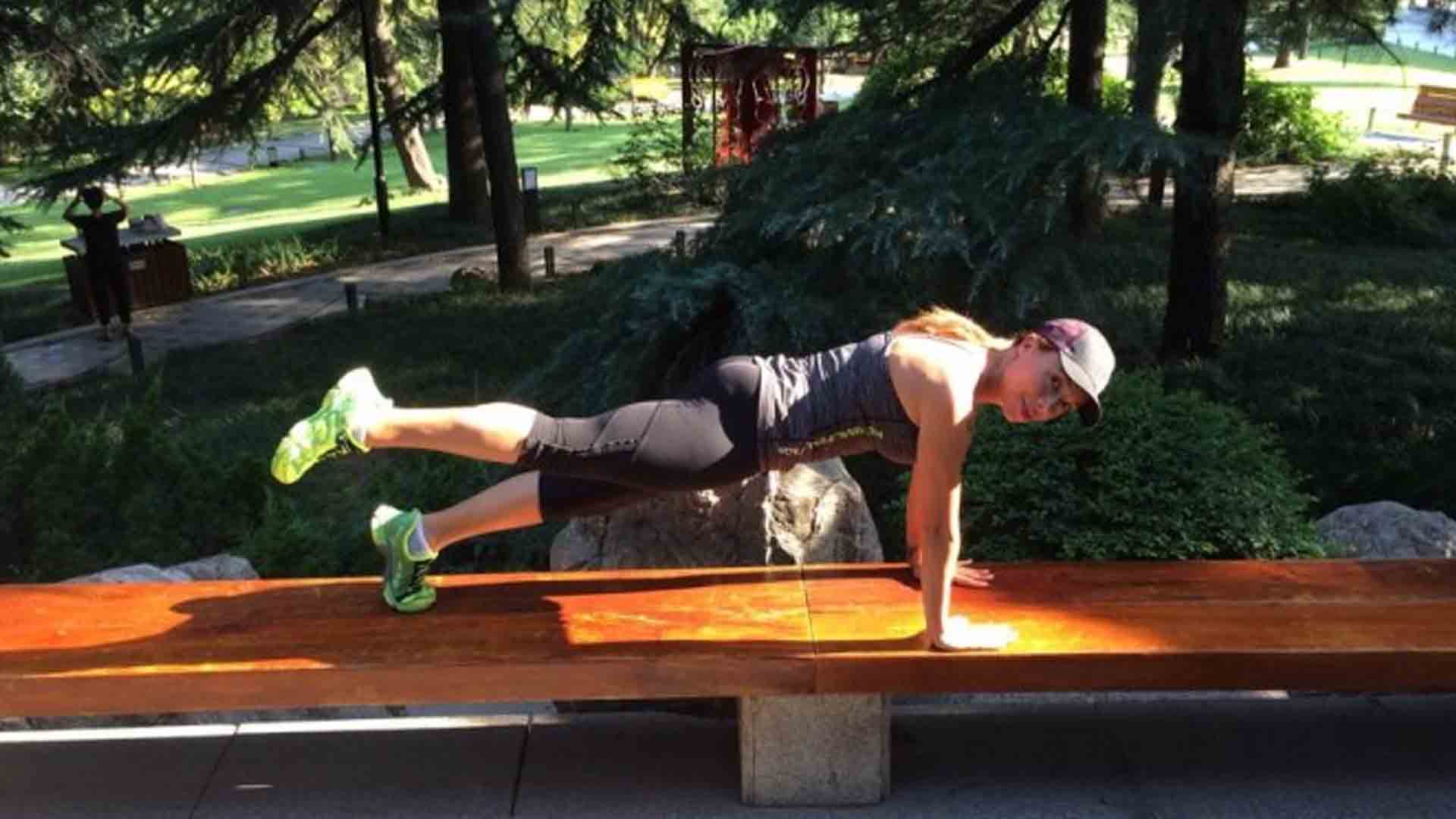Fifteen months into the pandemic, drastic changes have happened in our everyday lives.
Staying at home has caused sedentary habits. Medical experts warned of the unhealthy effects of fewer movements. Ever heard of sitting as the new smoking?
For some, a 30-minute workout is perfect. For others, a longer gym session is necessary to reach fitness goals.
Samantha Clayton, a former Olympian for the British track and field team and now fitness guru, said there is no such thing as one-size-fits-all when it comes to fitness.
“We’re all individuals with our own preferences, especially when it comes to getting fit. We each have our own unique body type unless you’re an identical twin, and we each have different needs and goals,” she said in a news release. “What may be a good weekly exercise plan for you may not be the best for someone else.”
There are several sources that recommend 150 minutes of weekly exercise, or about 30 minutes five times a week, for weight loss and general health. This is classified by moderate to vigorous physical activity.
But if one has loftier goals, like running a marathon, training should be a lot longer than 30 minutes at a time.
“If your goal is to lose weight or improve your overall fitness level, 30 minutes may be all you need,” said Clayton, a frequent Philippine visitor because of her work as Herbalife Nutrition vice president for fitness and performance.
Although a workout time of 30 minutes is adequate for achieving the health benefits associated with exercise, she said one should attempt to schedule a longer workout.
“Approximately 50 to 60 minutes per day will allow you to have an additional focus on yourself. This extra time could be used for a warm-up and cool-down. You won’t have to speed through your workout,” she said.
Clayton advised doing a weekly exercise plan that is not stressful.
“It’s counterproductive to have to rush right after your exercise routine. I think it somehow spoils the good mood that performing physical activity can have on your body,” she explained.
Overdoing a workout is as harmful as not doing any at all.
“Excessive exercise can stall your weight loss goals and your muscles need to recover,” she said.
Severe cases of over-exercising can lead to exhaustion, dehydration, serious injury, and even rhabdomyolysis, a condition that occurs when muscle tissue breaks down and muscle fibers enter your bloodstream, potentially damaging your liver.
“Only you know your body the best, so my advice as always is to pay attention to how your body feels. Push yourself enough, but not to the point of exhaustion,” the 41-year-old Clayton said. (PNA)








